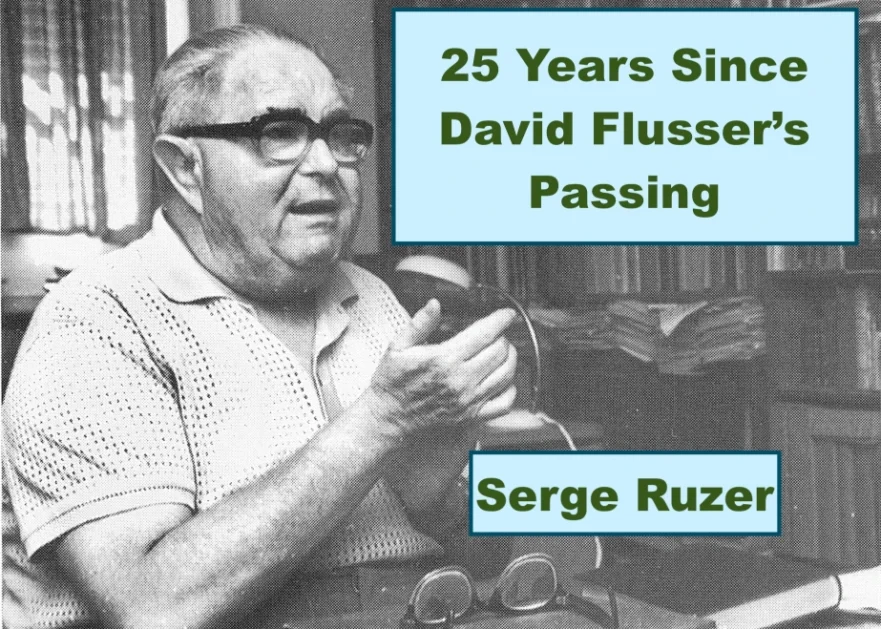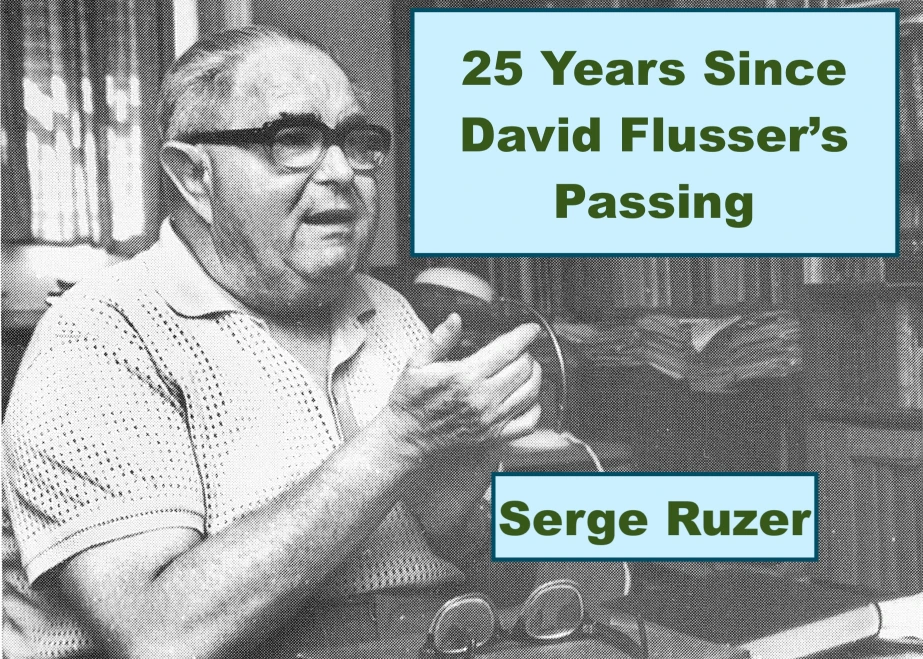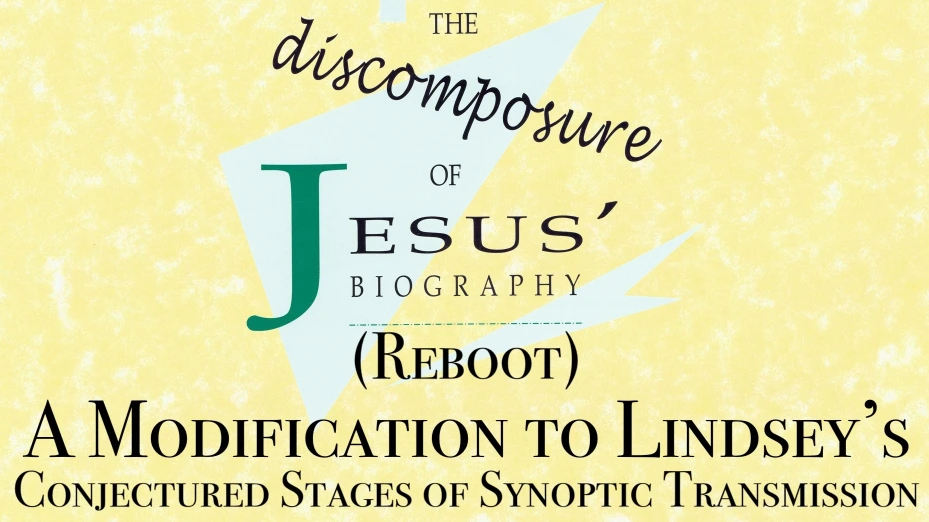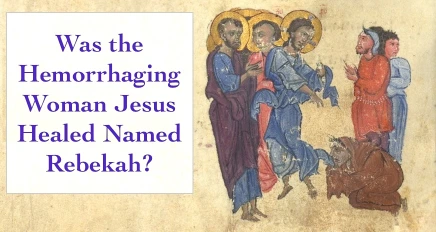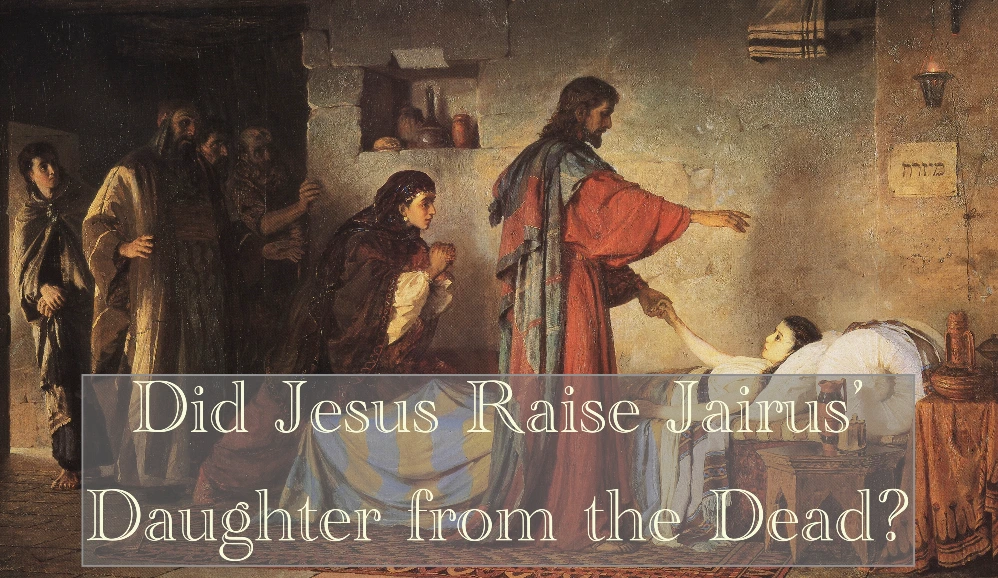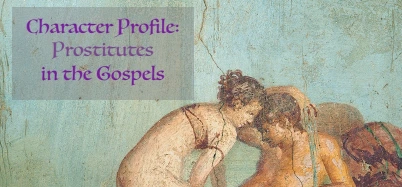How to cite this article: Serge Ruzer, “25 Years Since David Flusser’s Passing,” Jerusalem Perspective (2025) [https://www.jerusalemperspective.com/31014/].
In this essay, I want mostly to share a few personal recollections about the late professor David Flusser, who died twenty-five years ago this September. I was first exposed to Flusser’s research in the late 1970s in Moscow, when I somehow laid my hands on a photocopy of his “Theses on the Emergence of Christianity from Judaism.”[1] Overwhelmed by the authority and clarity of his presentation, I shared my impression with some others in the local Jewish movement. At that time the Jewish movement in Moscow was fighting for the freedom to leave the country but in the meantime—as many of its members got stuck in Russia for years with repeated refusals of their applications for emigration—it also tried to develop a variety of cultural activities. I was consequently glad to receive an invitation to present Flusser’s views at the historical seminar conducted under the auspices of the movement.
As the date of the planned discussion was approaching, some people protested, arguing that the topic, Early Christianity, was not helpful to reviving a long-suppressed Jewish identity in Russia and just plain problematic, while others voted for its importance. Torn between different opinions, the head of the seminar started to ask Jewish visitors from the West – mostly community activists – for advice. I do not remember the details, but according to my recollection, a spectrum of negative opinions was voiced: from the mild suggestion that maybe Christianity’s emergence from Judaism was truly not the most appropriate topic for the 1970s Moscow setting, to the more extreme view that it would be better if Flusser, too, did something else. In the final account, my presentation was cancelled – I was completely unaware that in those days in Israel Flusser was a media star of sorts, speaking about his research on TV. Though sensitivities, even of a different kind, might have existed there too.
Paid Content
Premium Members and Friends of JP must be logged in to access this content: Login
If you do not have a paid subscription, please consider registering as a Premium Member starting at $10/month (paid monthly) or only $5/month (paid annually): Register
One Time Purchase Rather Than Membership
Rather than purchasing a membership subscription, you may purchase access to this single page for $1.99 USD. To purchase access we strongly encourage users to first register for a free account with JP (Register), which will make the process of accessing your purchase much simpler. Once you have registered you may login and purchase access to this page at this link:
Serge Ruzer
July 2025, Jerusalem
Be sure to check out these recent JP articles:
- 25 Years Since David Flusser’s PassingProfessor Serge Ruzer shares his recollections of Israeli scholar David Flusser on the twenty-fifth anniversary of his death.
- The Discomposure of Jesus’ Biography (Reboot): A Modification to Lindsey’s Conjectured Stages of Synoptic TransmissionHow did the Hebrew biography of Jesus disintegrate into the isolated pericopae that make up the Synoptic Gospels?
- Was the Hemorrhaging Woman Jesus Healed Named Rebekah?Is it possible to retrieve the name of the woman who touched Jesus’ tzitzit?
- Did Jesus Raise Jairus’ Daughter from the Dead?Should readers give more weight to the bystanders’ impressions or to the words Jesus said?
- Character Profile: Prostitutes in the GospelsWas first-century Jerusalem really crawling with prostitutes, as Jesus’ saying about tax collectors and harlots entering the Kingdom of God seems to suggest?
- Purity Halakha in the Story of the Hemorrhaging WomanDoes concern for ritual purity explain why the hemorrhaging woman touched Jesus’ tzitzit?
- [1] David Flusser, “Theses on the Emergence of Christianity from Judaism,” Immanuel 5 (1975): 74-84. ↩

